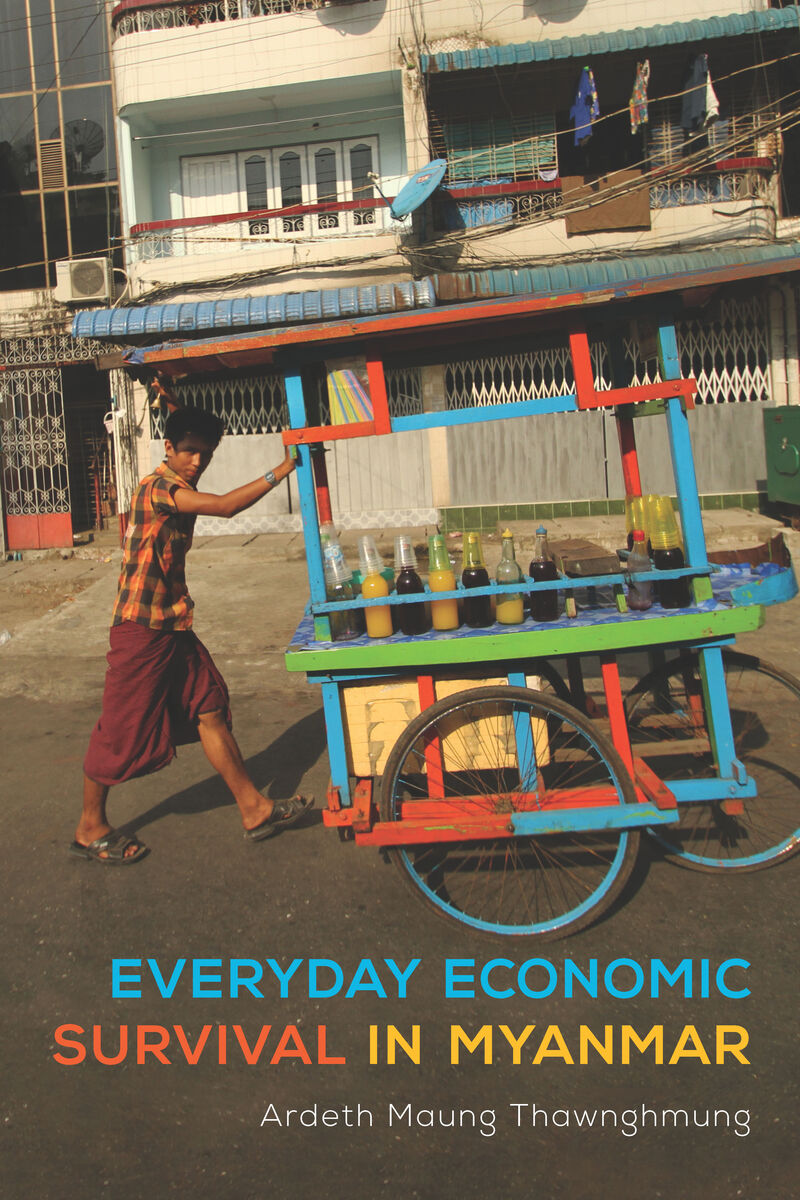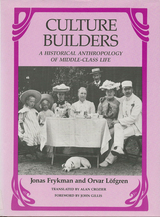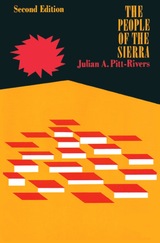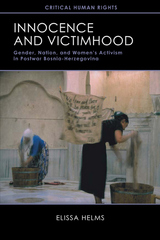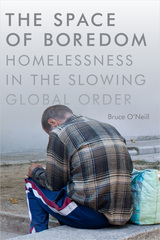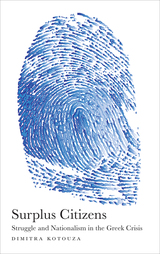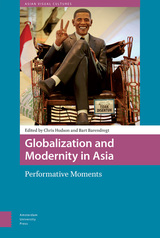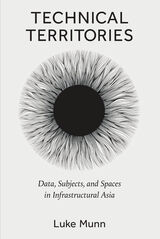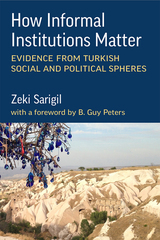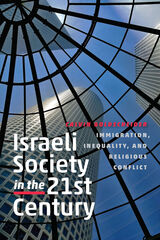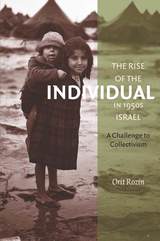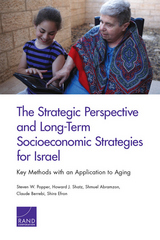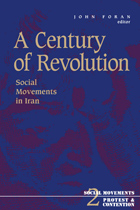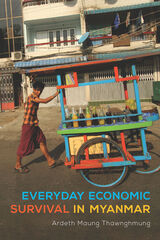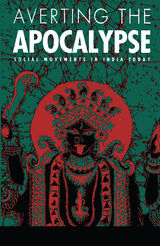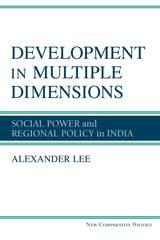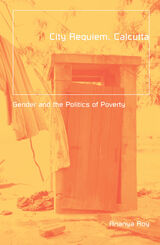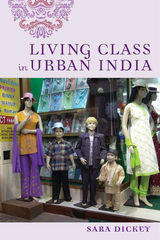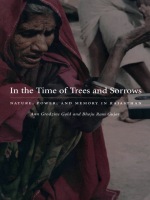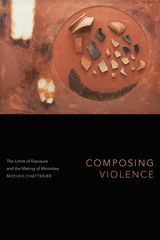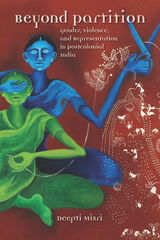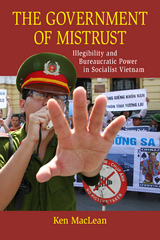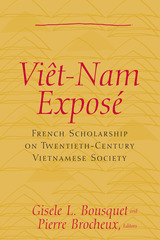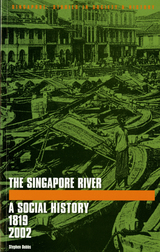Everyday Economic Survival in Myanmar
University of Wisconsin Press, 2022
Cloth: 978-0-299-32060-7 | eISBN: 978-0-299-32063-8 | Paper: 978-0-299-32064-5
Library of Congress Classification HN670.7.A8T438 2019
Dewey Decimal Classification 306.09591
Cloth: 978-0-299-32060-7 | eISBN: 978-0-299-32063-8 | Paper: 978-0-299-32064-5
Library of Congress Classification HN670.7.A8T438 2019
Dewey Decimal Classification 306.09591
ABOUT THIS BOOK | AUTHOR BIOGRAPHY | REVIEWS | TOC | REQUEST ACCESSIBLE FILE
ABOUT THIS BOOK
Reforms in Myanmar (formerly Burma) have eased restrictions on citizens' political activities. Yet for most Burmese, Ardeth Maung Thawnghmung shows, eking out a living from day to day leaves little time for civic engagement. Citizens have coped with extreme hardship through great resourcefulness. But by making bad situations more tolerable in the short term, these coping strategies may hinder the emergence of the democratic values needed to sustain the country's transition to a more open political environment.
Thawnghmung conducted in-depth interviews and surveys of 372 individuals from all walks of life and across geographical locations in Myanmar between 2008 and 2015. To frame her analysis, she provides context from countries with comparable political and economic situations. Her findings will be welcomed by political scientists and policy analysts, as well by journalists and humanitarian activists looking for substantive, reliable information about everyday life in a country that remains largely in the shadows.
Thawnghmung conducted in-depth interviews and surveys of 372 individuals from all walks of life and across geographical locations in Myanmar between 2008 and 2015. To frame her analysis, she provides context from countries with comparable political and economic situations. Her findings will be welcomed by political scientists and policy analysts, as well by journalists and humanitarian activists looking for substantive, reliable information about everyday life in a country that remains largely in the shadows.
See other books on: Burma | Economic Policy | Human Rights | Myanmar | Southeast Asia
See other titles from University of Wisconsin Press
